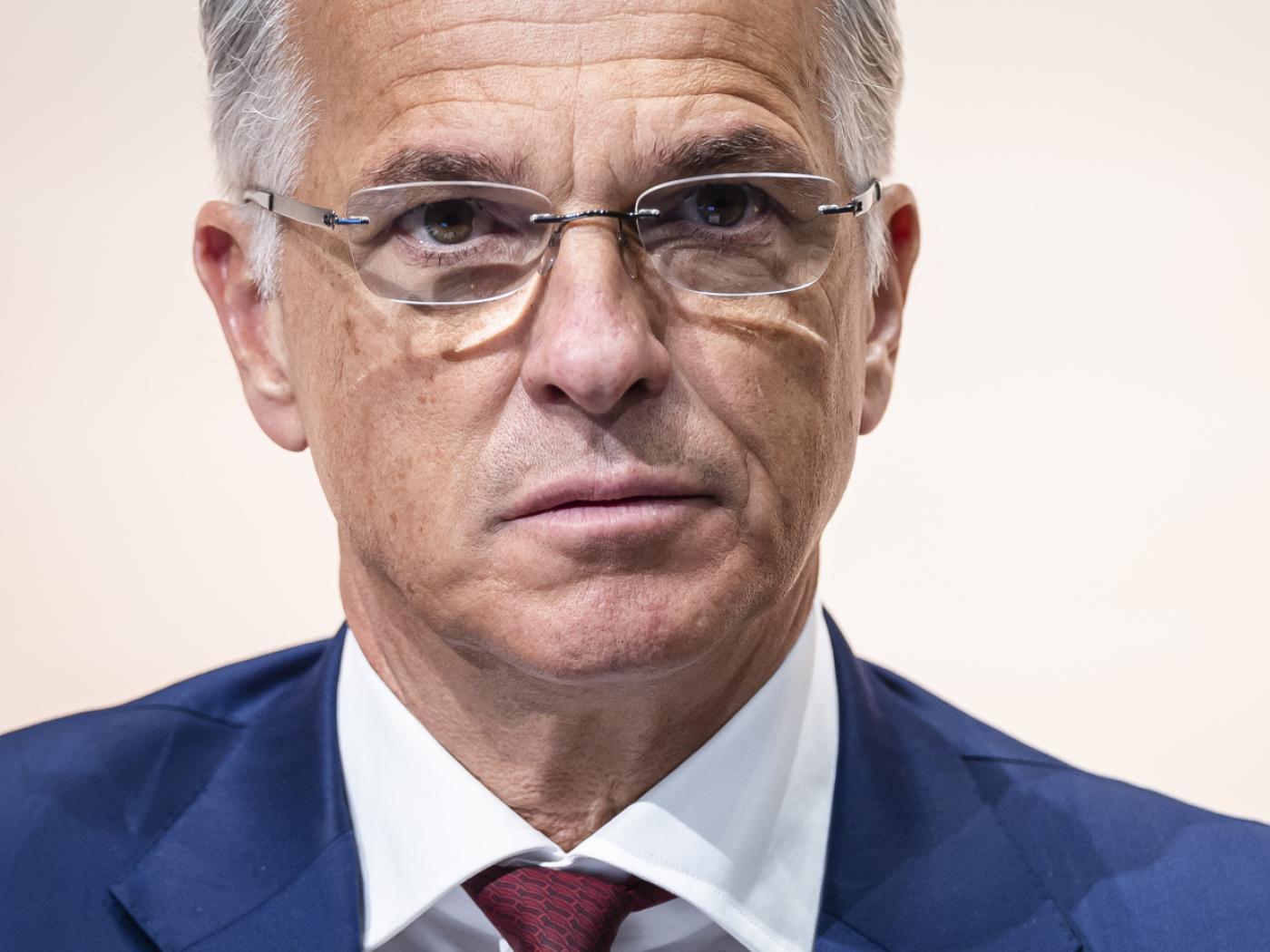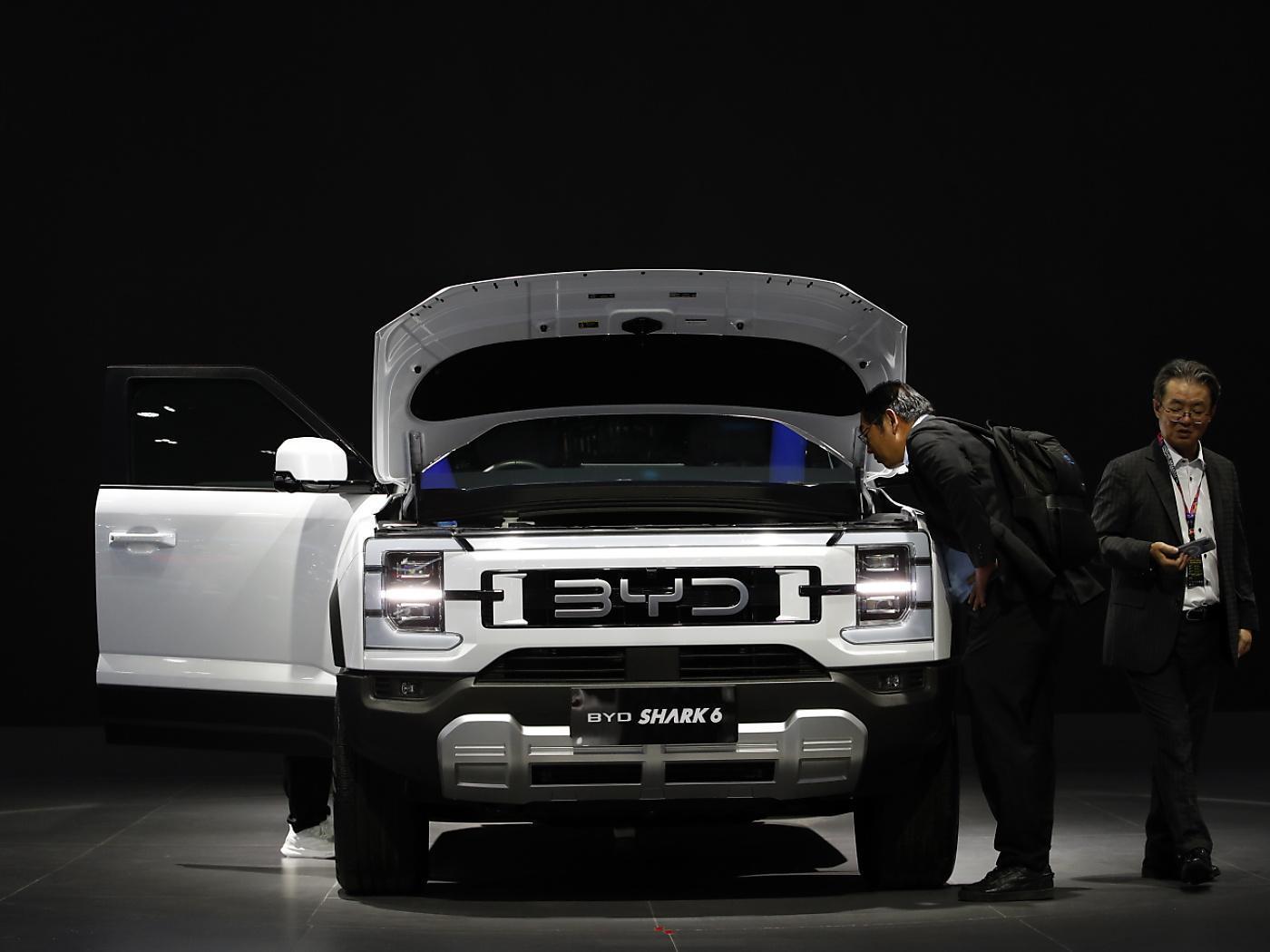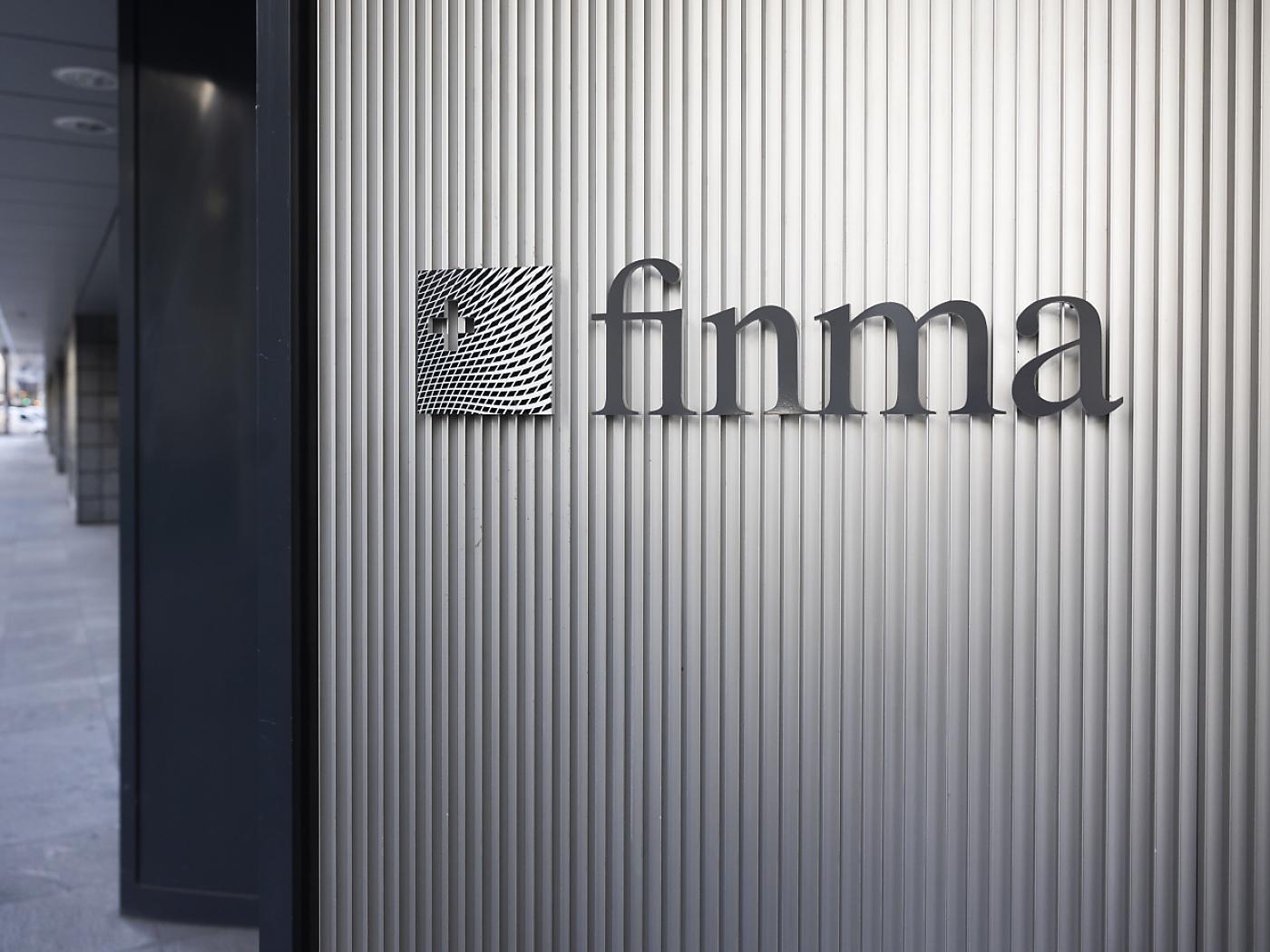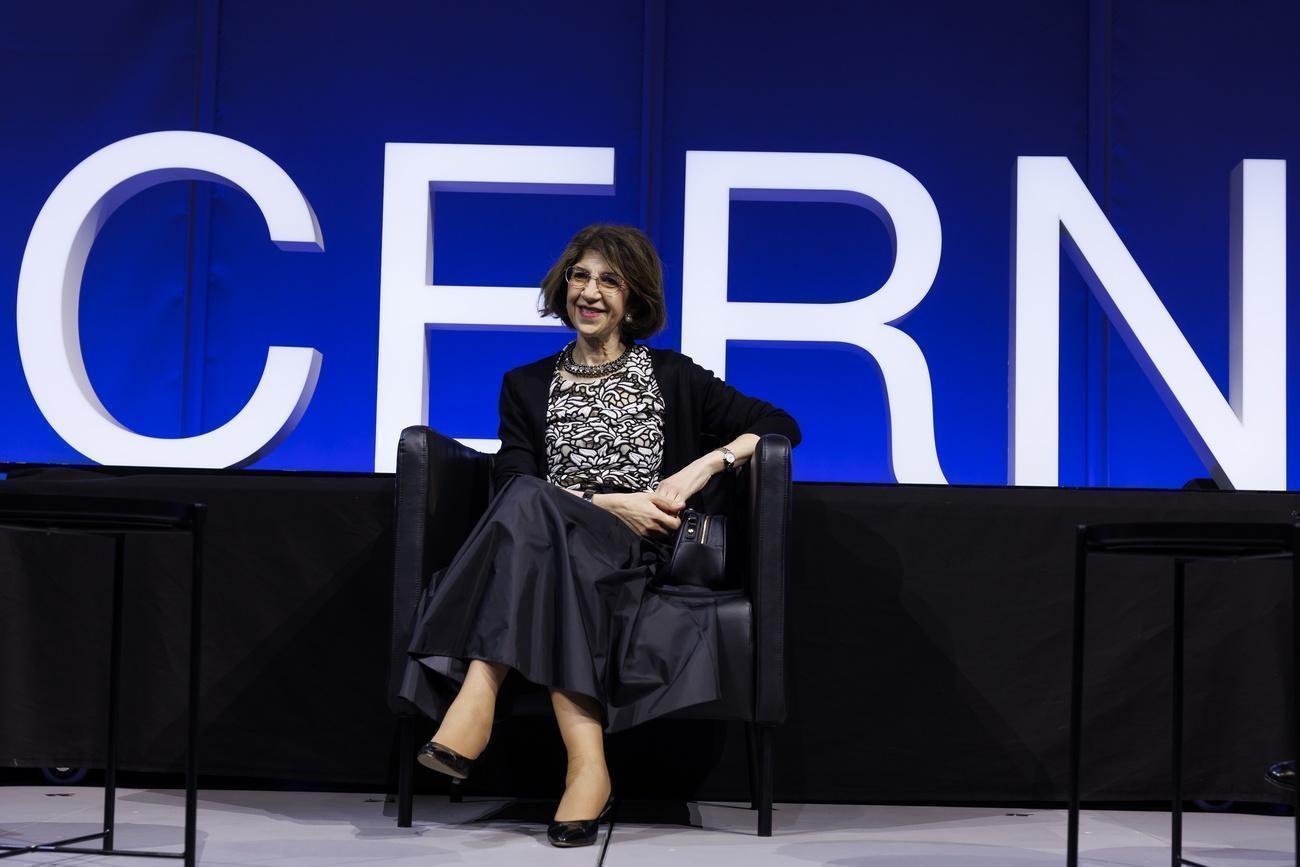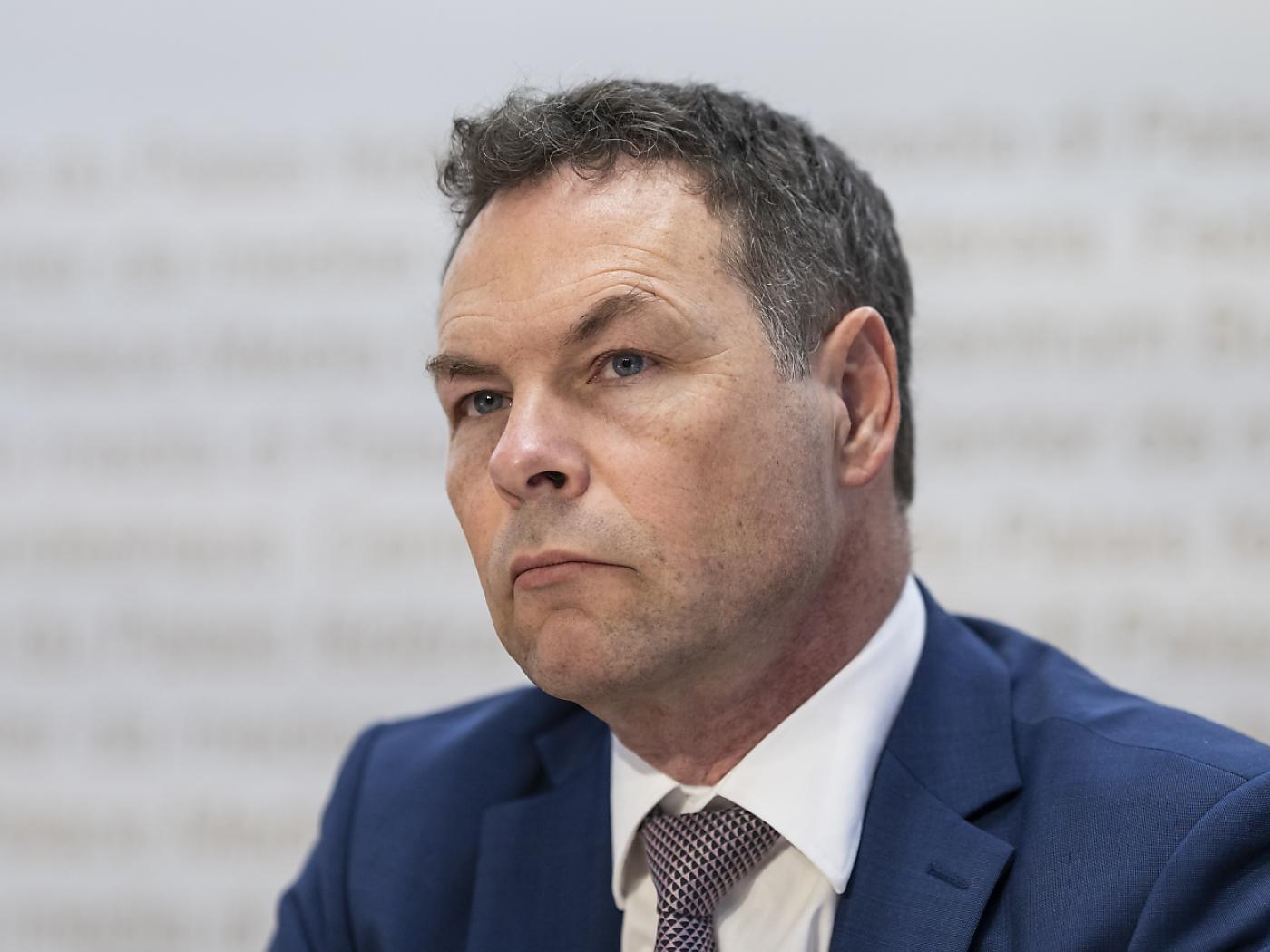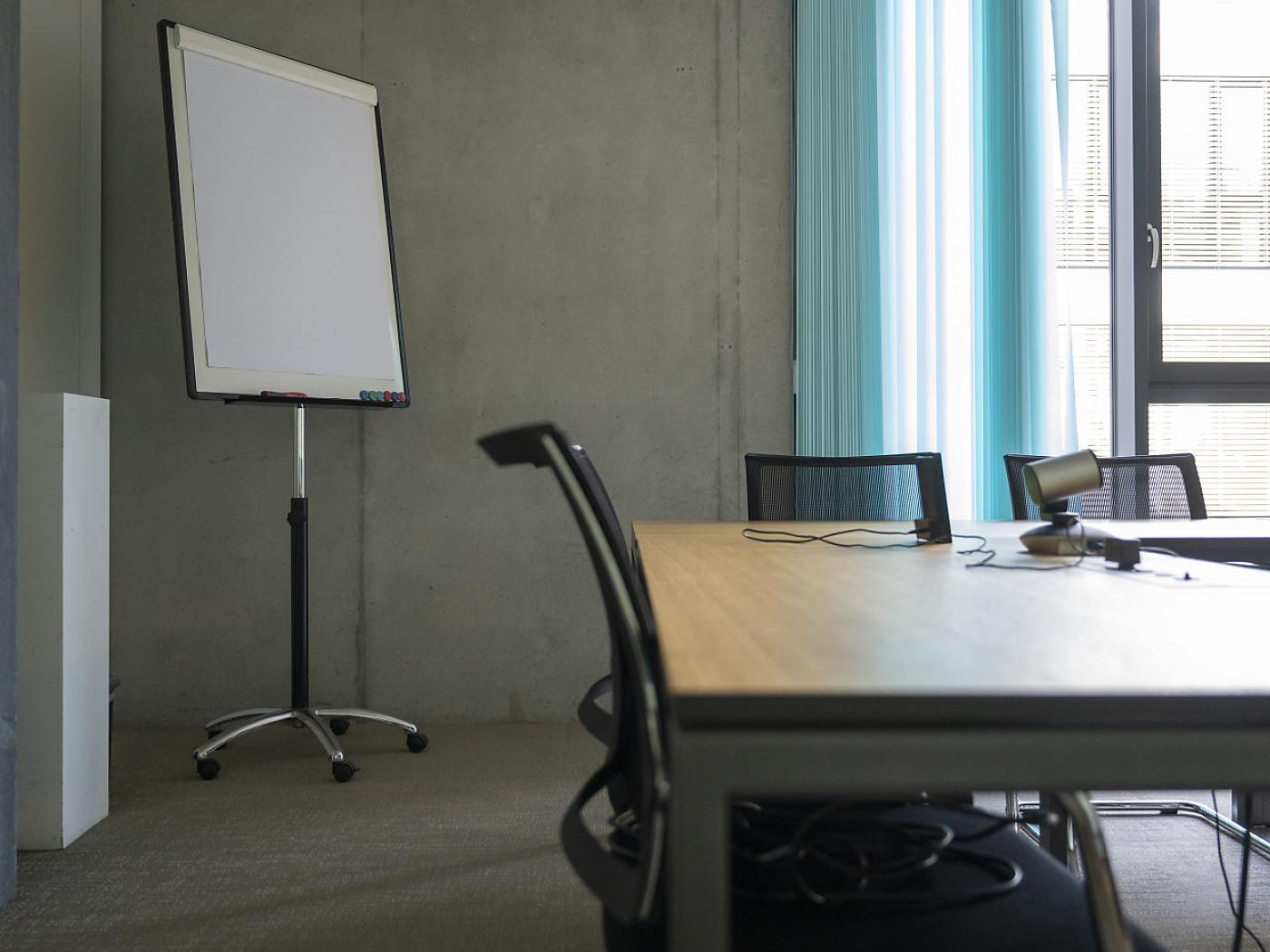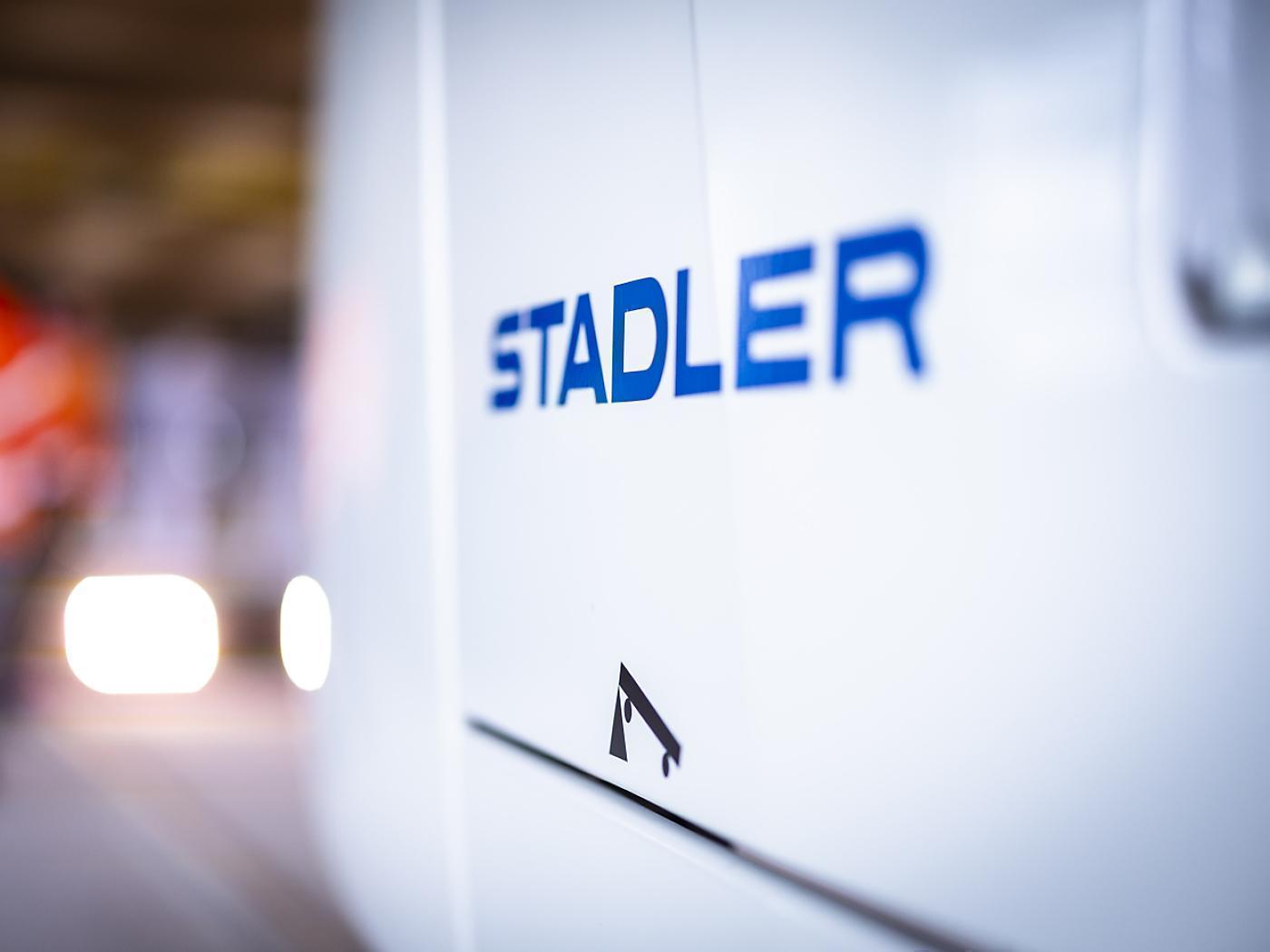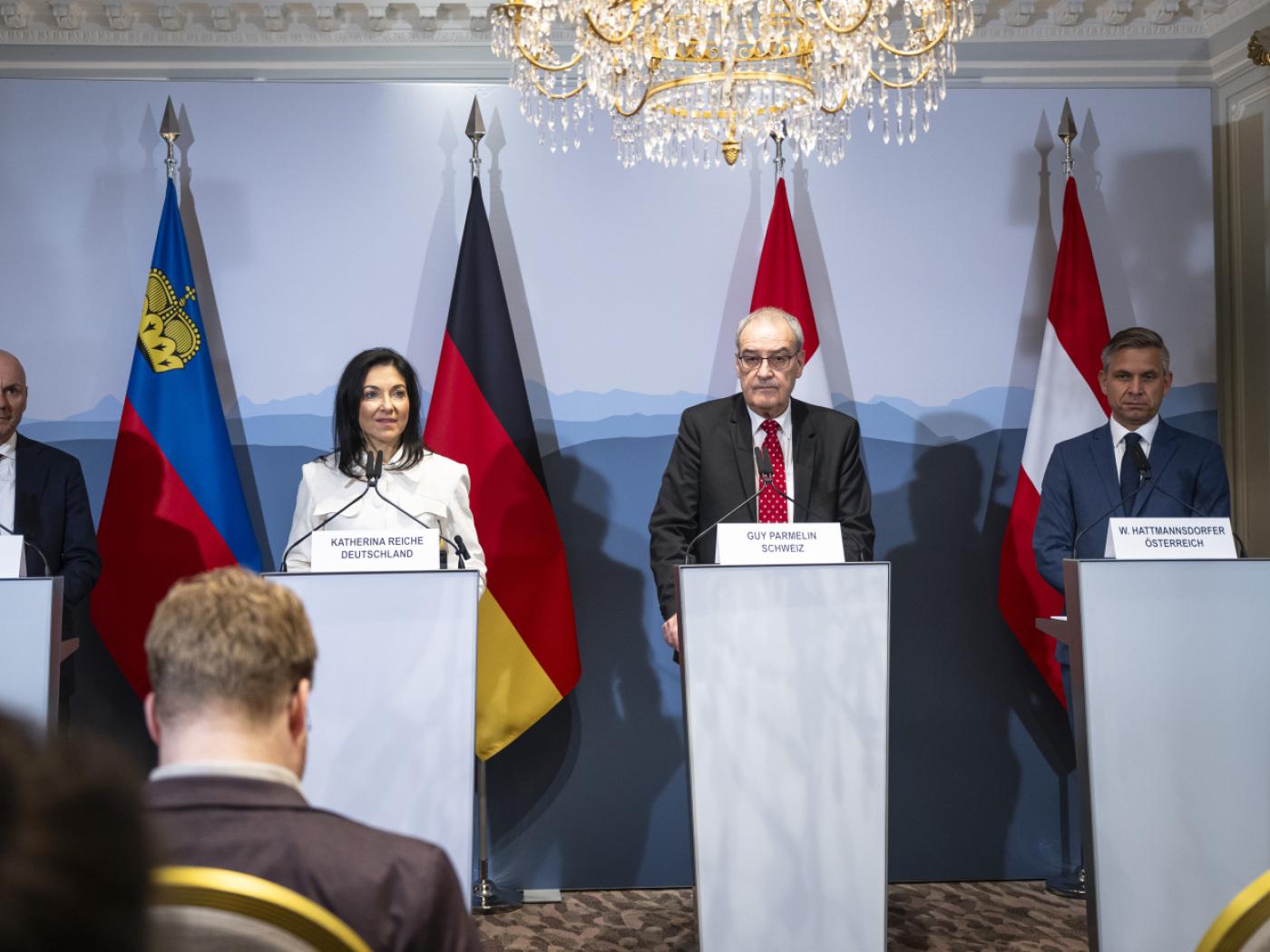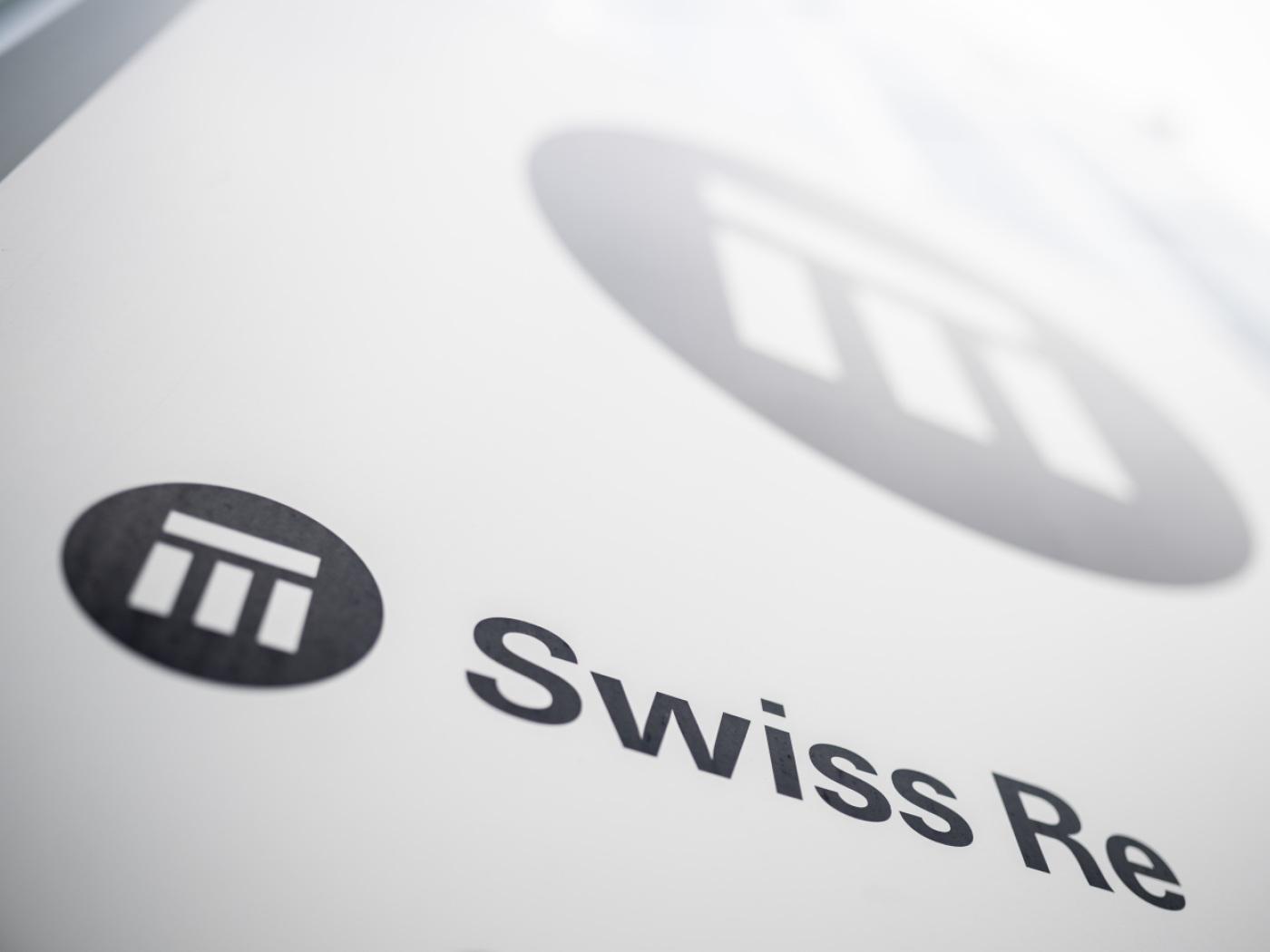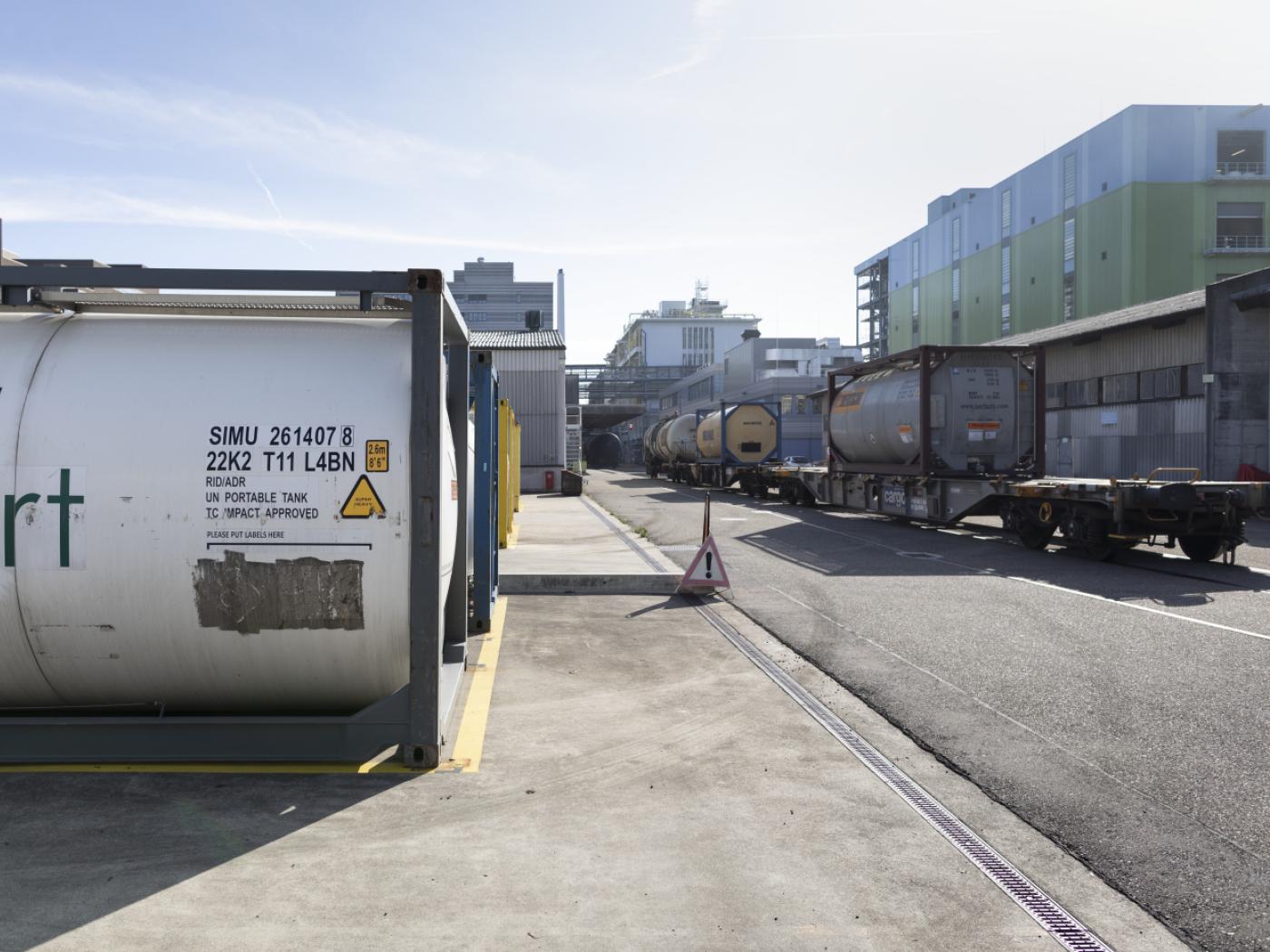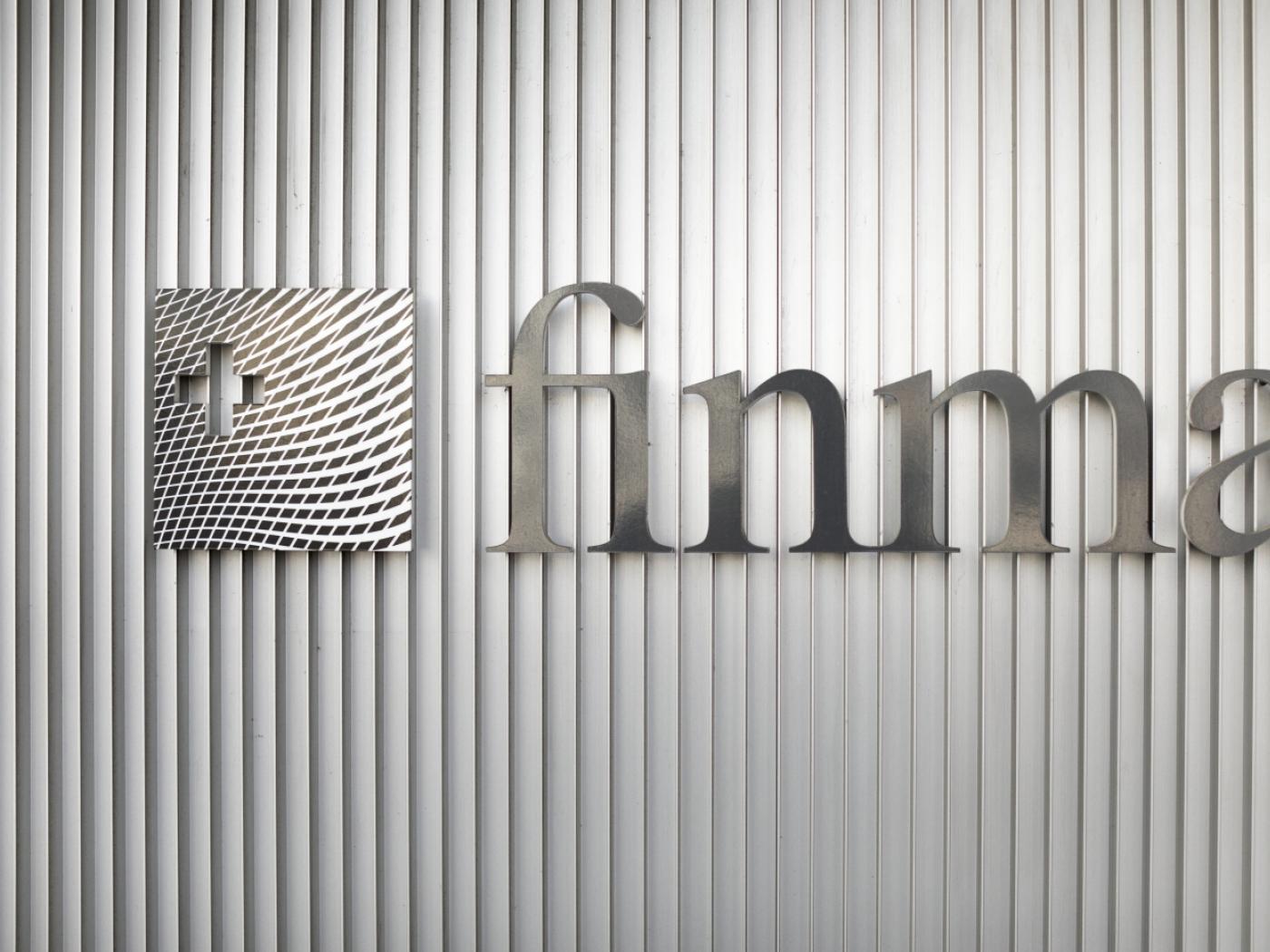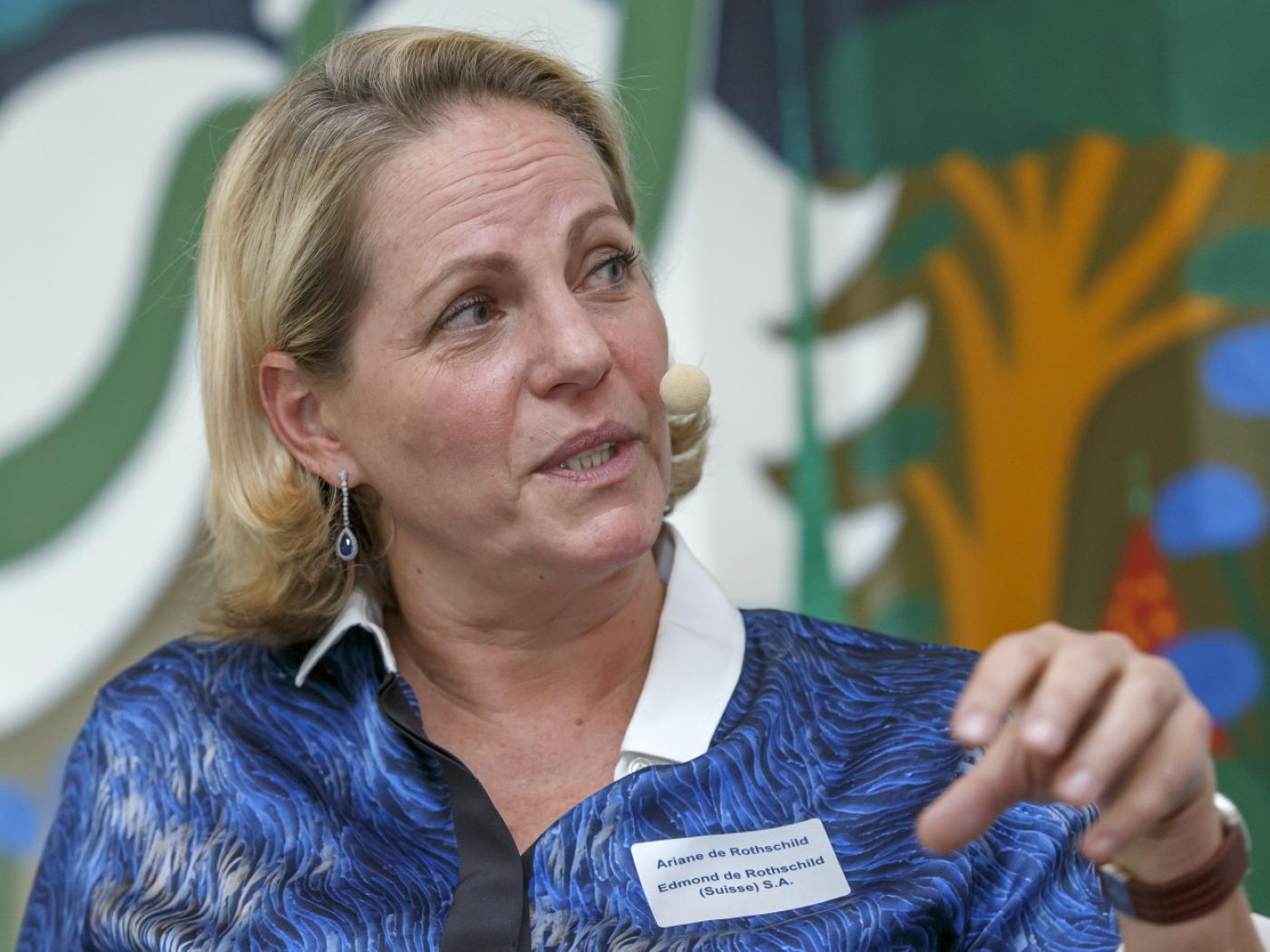
Switzerland has so far been spared tariff threats from the new US President Donald Trump. Nevertheless, Swiss companies are taking precautions. While some fear additional costs, others are hoping for extra business.
+ Get the most important news from Switzerland in your inbox
The machine industry umbrella organization Swissmem sounded the alarm at the end of February: “Weeks of uncertainty often pass between the announcement of tariffs and their entry into force, which is demoralising,” said Swissmem President Martin Hirzel.
Many company bosses confirmed this at their annual media conferences held in recent weeks. They read the constantly changing headlines about newly imposed or threatened tariffs with concern.
“There is virtually no planning certainty,” said Jahangir Doongaji, head of construction equipment manufacturer Hilti. It remains to be seen what these tariffs will mean for the global economy and therefore also for investment in the construction industry.
More

More
What is a tariff? A quick guide
Meanwhile, the geopolitical uncertainties are already making themselves felt in other sectors. Dentists are currently postponing investments, according to dental supplies manufacturer Coltene.
In fact, companies that do not have their own production facilities in the US and are therefore vulnerable to tariffs are particularly concerned. The technology company Ascom, for example, has already taken a number of measures, as the company bosses said. Stock levels have been increased in order to be prepared for disruptions.
The generics manufacturer Sandoz also fears negative effects: Unlike the two Basel-based pharmaceutical giants Roche and Novartis, it does not have any production facilities in the US. The punitive tariffs already imposed on imports from China or Canada are estimated to lead to additional costs of 25 to 35 million dollars in 2025, said company boss Richard Saynor.
US plant? Too expensive!
Like other companies, Sandoz plans to pass on additional costs to US consumers. In the end, this will primarily affect patients, said Saynor. Meanwhile, shifting production to the US, as Trump would like, is out of the question for the Sandoz boss: “The tariffs will certainly not encourage us to invest more in the US.”
More

More
Swiss pharma industry particularly vulnerable to Trump tariffs
This also applies to other company bosses. They referred not least to the relatively high labor costs in the United States. “We would therefore build our factory in Mexico again and not in the US,” said the head of the packaging group SIG.
Chocolate for Canada from Europe
Production facilities in the US also harbor risks. You could be indirectly dragged into the US trade war.
Lindt & Sprüngli knows a thing or two about this. The chocolate manufacturer has adjusted its logistics due to the customs wall that has already been erected between Canada and the US. Because Canada has been levying counter-tariffs of 25% on American products since March 13, the company intends to ship its goods from Europe to Canada in future – and no longer from its US factories. This would be cheaper despite the transportation by sea.
‘We are already on site’
It is striking that many CEOs are holding back with pithy words. They obviously don’t want to expose themselves to the issue. And many are also indifferent to the customs discussion – at least from the outside. They consider the potential tariffs to be manageable for their company.
More

More
Can the WTO live up to its mission?
This applies in particular to those companies that have their own plants in the US. “We produce as locally as possible in every market. This makes us less susceptible to political changes,” said Swiss-Swedish engineering company ABB CEO Morten Wierod. However, he also wants to further expand production in the US.
Are there golden opportunities?
The main concern of many company bosses is that the tariffs could affect the global economy. Demand could suffer as a result of higher prices. “We would be affected if a trade war slowed down global car production or people bought fewer smartphones,” said Aldo Kamper, CEO of semiconductor manufacturer AMS Osram.
Tariffs are generally not a good thing, said Conrad Keijzer, CEO of chemicals group Clariant. There is no doubt that the additional US tariffs would have a negative impact on business and economic growth. And they could drive up the cost of energy and raw materials again.
The US President’s economic policy has a destabilising effect overall, warned chemical company Ems CEO Magdalena Martullo-Blocher. However, she also said: “Every earthquake uncovers a vein of gold. You just have to find it.” Her solution: a free trade agreement with the United States.
Some see the golden opportunities almost in front of them, such as the head of the logistics group Kühne+Nagel. CEO Stefan Paul assumes that there will be shifts in the global structure. According to Paul, India could be a beneficiary, as the US administration has not yet held out the prospect of additional tariffs for this country.
All in all, the situation is becoming more complex, says the company boss. And complexity is good for the logistics company because customers then need more comprehensive logistics packages and tend to pay more. “Freight always finds its way,” said the Kuehne+Nagel CEO.
What is your opinion? Join the debate!
Translated from German by DeepL/jdp
This news story has been written and carefully fact-checked by an external editorial team. At SWI swissinfo.ch we select the most relevant news for an international audience and use automatic translation tools such as DeepL to translate it into English. Providing you with automatically translated news gives us the time to write more in-depth articles.
If you want to know more about how we work, have a look here, if you want to learn more about how we use technology, click here, and if you have feedback on this news story please write to [email protected].
Tags: Featured,newsletter









